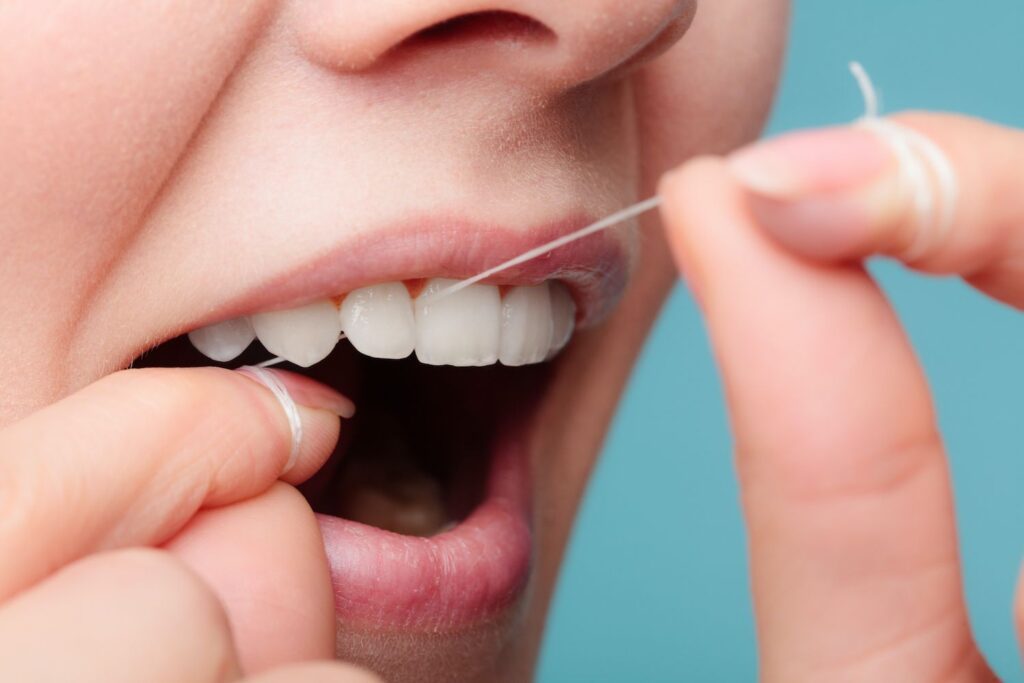When it comes to oral hygiene, brushing your teeth is a must-do. In fact, most people know that brushing their teeth is a valuable step in their oral health routine. However, there’s another crucial step that often gets overlooked: flossing. Because it takes more time, some people skip flossing. Many people underestimate the importance of flossing. They may not know the potential consequences of skipping this step.

Why is Flossing Neglected?
There are plenty of reasons why people skip flossing. They may have a tight schedule, and flossing takes away time that they don’t have to spare. Some people may have discomfort when flossing, making them avoid the step.
The Myth of Brushing Alone
Some believe that brushing alone is enough to keep their teeth and gums healthy. While brushing is very important, it cannot reach the tight spaces between teeth. This is where plaque and food particles tend to build. Flossing is the only effective way to clean these areas and prevent potential problems.
Lack of Awareness
Many people are simply unaware of the consequences of not flossing. They may have never been educated about its significance. Also, they may not know how to floss correctly. Raising awareness about the importance of flossing is crucial to get other people to add flossing to their routine.
Consequences of Not Flossing
Not flossing carries long-term side effects that can ruin your oral health.
Gum Disease
One of the main issues with not flossing is developing gum disease. When plaque and food particles are left trapped between teeth, they irritate the gums. This can lead to inflammation and infection. This early stage of gum disease is called gingivitis. It can cause symptoms like red, swollen gums that bleed easily. If left untreated, it can progress to periodontitis, a more severe form of gum disease that can result in gum recession, bone loss, and even tooth loss.
Tooth Decay
Without regular flossing, plaque buildup occurs, increasing the risk of tooth decay. Plaque harbors bacteria that produce acids, which attack tooth enamel. Over time, these acid attacks can lead to cavities. Brushing alone cannot remove the plaque and food debris stuck between teeth. Therefore, flossing is essential for preventing tooth decay.
Bad Breath
Food particles trapped between teeth contribute to tooth decay and result in bad breath. Bacteria feed on these remnants, releasing an unpleasant smell. No matter how thoroughly you brush, the odor will persist until you remove the debris through flossing.
Tartar Formation
When not adequately removed, plaque hardens and turns into tartar. You cannot remove tartar buildup with regular brushing or flossing. As a result, it requires professional dental cleaning to remove it. Tartar also contributes to gum disease and creates a rough surface on teeth, making them more susceptible to stains.
Systemic Health Implications
Poor oral hygiene due to lack of flossing can have far-reaching consequences beyond the mouth. Research links gum disease to various systemic health conditions. Some of these include heart disease, diabetes, respiratory infections, and pregnancy complications. As a result, you may unknowingly increase the risk of these health issues.
